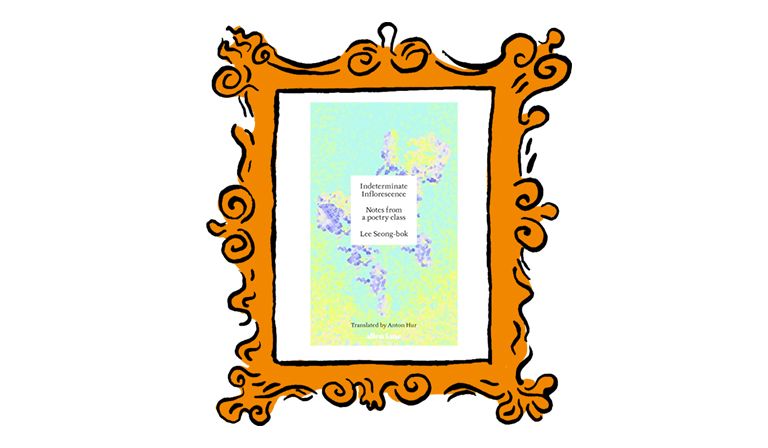“Gentlemen… are we next to invite an elephant to be professor of zoology?” The question of the Harvard linguist Roman Jakobson, blown like a poison dart at a proposal to appoint Vladimir Nabokov as a professor of literature, is one of the great put-downs of modern academia. But though Jakobson won the battle, he lost the war. In the last half-century, herds of novelists and poets have been welcomed into literature departments, as creative writing began its worldwide rise to acadƒemic respectability.
The fact is that many students who are interested in books want to see the elephants behind them. When I applied to study English, my final choice of destination was decided by the chance I would be taught by a poet. We, his students, soon realised there was not much point trying to impress with fancy ideas from literary theory, which were dispatched like rabbits from a farmer’s gun. But get him onto Dickens’s similes and his eyes would shine over Peggotty’s thumb in David Copperfield, “roughened by needlework, like a pocket nutmeg-grater”.
Teachers impress us by their eccentricities and obsessions, which is why the idea that they might be replaced by AI is a non-starter. What we remember is the whole human encounter in a room; even, in the case of a student recollection I once read of a creative writing class with WG Sebald, the curious detail that—as the author solemnly held forth on the “artificial” nature of narrative time—he wore two wristwatches.
There are no physical descriptions of the South Korean poet Lee Seong-bok in Indeterminate Inflorescence, a collection of 470 “notes from a poetry class” made by his students, translated by Anton Hur and published last week. But the force of his presence emerges in the way that the repetition of ideas has been embraced rather than pruned. He may not be teaching zoology, but one of his favourite analogies for the creative process comes from the nature documentary: “Poetic language is as precise as a cheetah biting into an antelope’s vulnerable spot,” he declares; then, a few pages later, that the poem’s “most decisive line” will come when the poet imitates “the hyena clamping onto the neck of a gazelle”.
There is very little here about the practical business of putting words together in poetic form—perhaps because, in the end, this is a skill that can’t be taught, only practised. Instead, Lee’s programme for the would-be poet, which has elements of Zen Buddhism, is all about cultivating an almost-physical attitude towards pen and page. Throwaway your theories, he seems to say, and be. “The brain is deliberate and social, but the hand is closer to desire and the unconscious. A poem is like a finger that breaks out of your head.” It’s easy to imagine the lecturer’s emphatic gestures.
Many of his most memorable insights make the writer’s mind a body. The poet in formal difficulties is like a boxer cornered in the ring, who must use “the tensile strength of the ropes to bounce back into the fight”. Mere readers might be nonplussed, though, by writerly cries such as “only the unwritten can make us happy”. Similarly, those hoping to learn the secret of a long and successful literary career—such as that of the 72-year-old Lee—may be taken aback to hear him reflect: “What am I talking about? That this life itself is futile.”
Read these remarks in the improvisatory spirit in which they were made, though, and even their contradictions become a kind of mercurial wisdom. “Don’t yet your brain interfere” when writing poetry, but also “think deeper than normally. Like the dragonfly – when it lays eggs, it immerses its tail completely in the water.”
Indeterminate Inflorescence immediately goes on my shelf of provocative books about poetry by practitioners, alongside Ben Lerner’s The Hatred of Poetry and Veronica Forrest-Thomson’s Poetic Artifice. I can keep those with the author’s own poems, though—currently, there is no translation of Lee Seong-bok’s verse published in the UK. South Korean literature is rapidly gaining readers and recognition here thanks to small, internationally minded presses. Han Kang, this year’s Nobel laureate, was championed by independents; the excellent And Other Stories has just published Phantom Pain Wings, a magnificent long poem by Kim Hyesoon, Lee’s contemporary; and the original, sold-out edition of Indeterminate Inflorescence—now repackaged by Allen Lane, an imprint of Penguin—was from the tiny Sublunary Editions.
There’s a reason Lee’s students have been scribbling down his every word. Let’s hope his poems follow soon.
How poets teach poetry
Or at least this is how the South Korean poet Lee Seong-bok teaches poetry...
November 21, 2024









